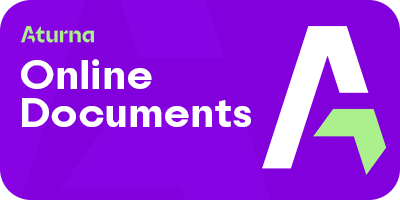In New York it is commonplace for Skilled Nursing Facilities, Local Departments of the Aging, and various other commercial and not-for-profit entities to engage in various levels of assistance to Medicaid Applicants and their families. When does that assistance cross the line into the realm of legal advice, and amount to practicing a law without a license? Of equal importance, what liability are you or your facility opening yourself up to because of such actions? Consider the following:
Along with the states of Florida, Ohio, and Tennessee, the Supreme Court of New Jersey has found that non-lawyers who apply the law to a Medicaid applicant’s fact specific situation are engaging in the unauthorized practice of law.
The state Supreme Court had received complaints that non-lawyers retained by families or nursing homes to assist with the Medicaid application process were providing erroneous or incomplete law-related advice, and a state attorney ethics hotline had received reports that non-lawyers have charged “clients” large sums of money for faulty Medicaid-planning legal assistance, causing the elderly victims significant financial loss.
Asked by the state Supreme Court for an opinion specifying what activities non-lawyers may engage in and what activities are the unauthorized practice of law, the Committee on the Unauthorized Practice of Law has concluded that while non-lawyer Medicaid advisors may provide limited services, “[a]pplying the law to an individual’s specific circumstances generally is the ‘practice of law.’” (Emphasis Added) A Medicaid advisor or Application Assistor may provide information on insurance programs and coverage options; help individuals complete the application or renewal; help them with gathering and providing required documentation; assist in counting income and assets; submit the application to the agency; and assist with communication between the agency and the individual. But the advisor may not provide legal advice on strategies to become eligible for Medicaid benefits, including advice on spending down resources, tax implications, guardianships, sale or transfer of assets, creation of trusts or service contracts, and the like.”
It would seem that the New Jersey and the other states mentioned above have correctly interpreted a difficult question, and provided both the legal and the Skilled Nursing industries with valuable guidance on a sensitive topic.
If you would like to discuss how Jeffrey P. Reisner, Esq. can assist you, your family, or your organization in developing a strategic solution to medicaid application, or qualification don’t hesitate to Contact us today.



